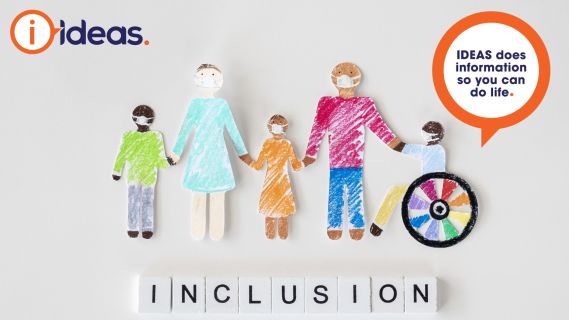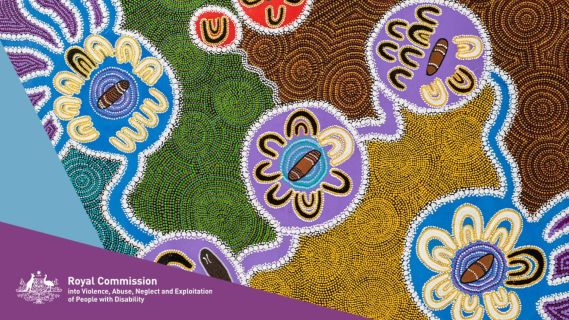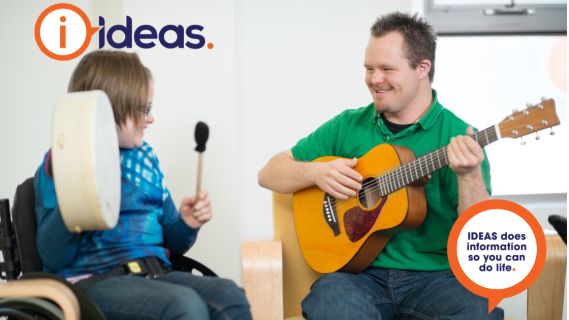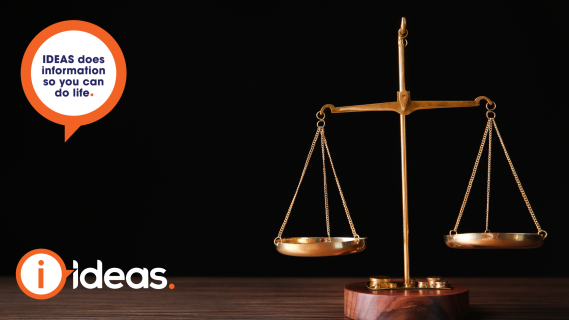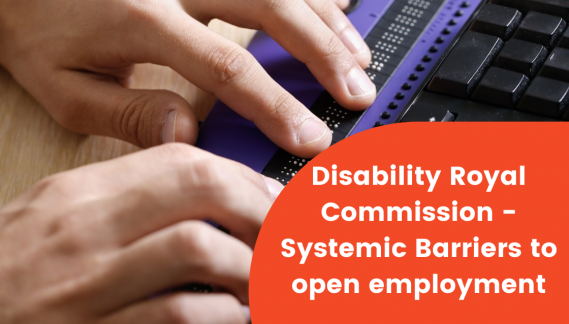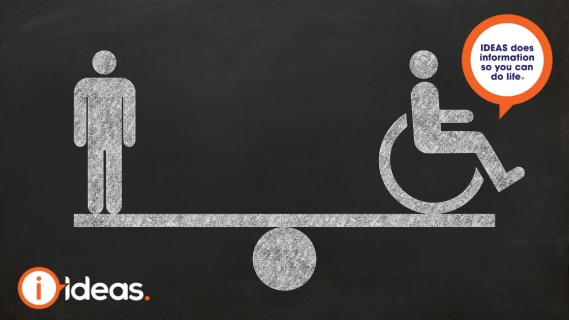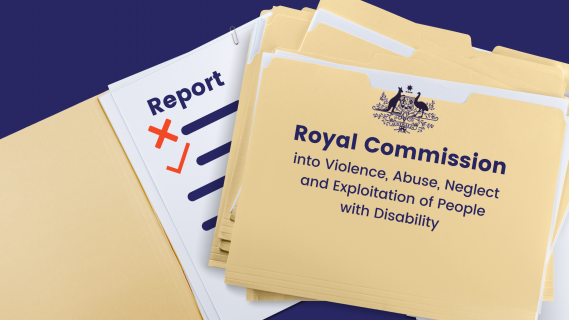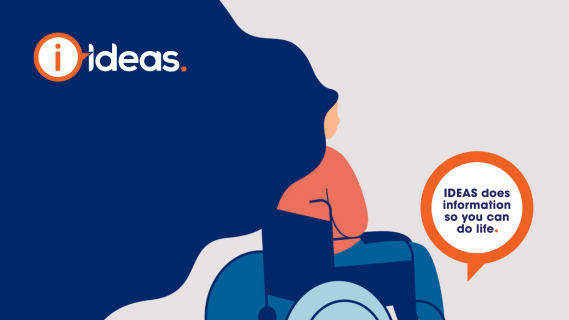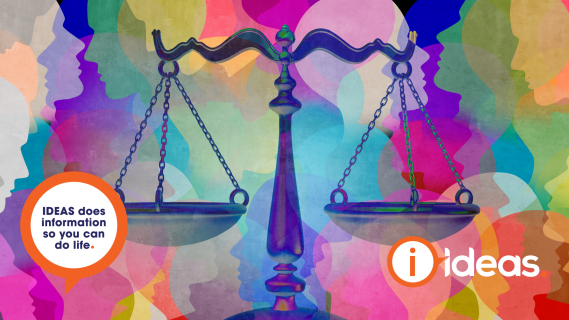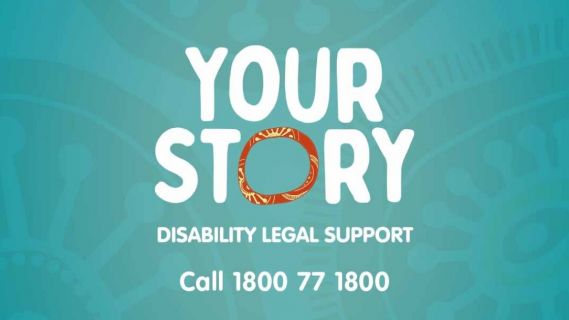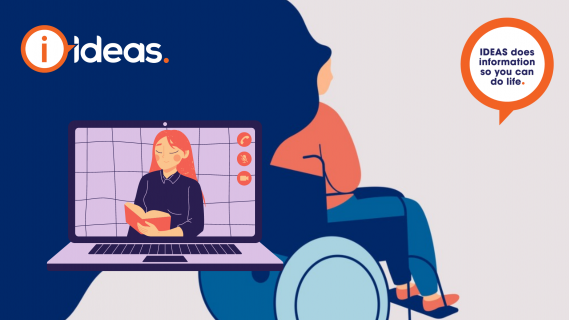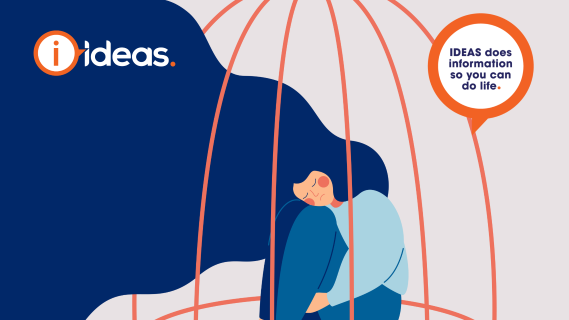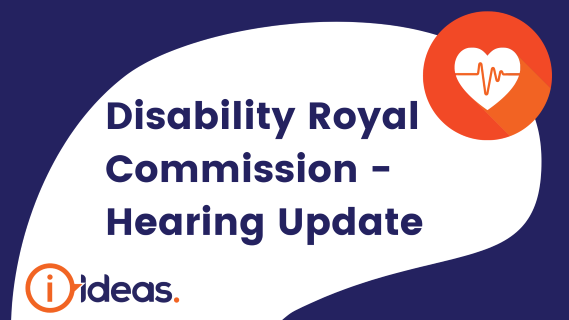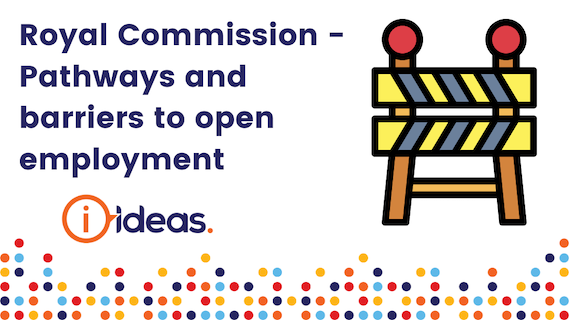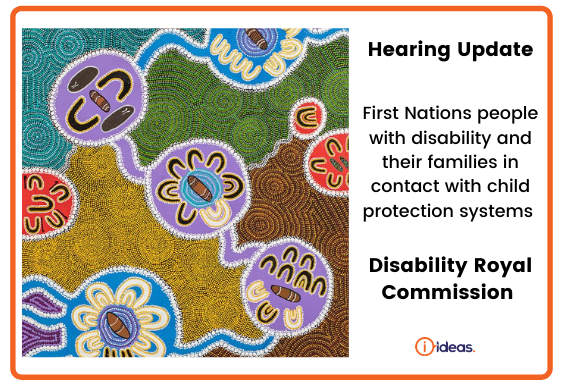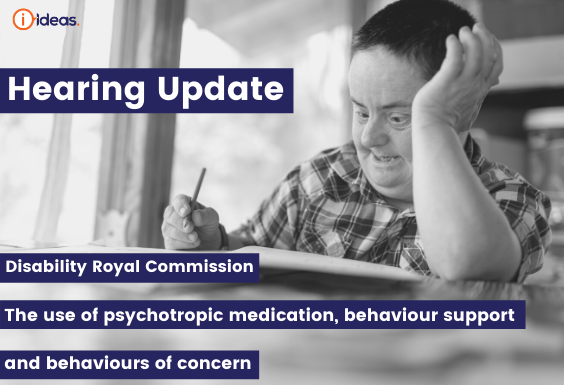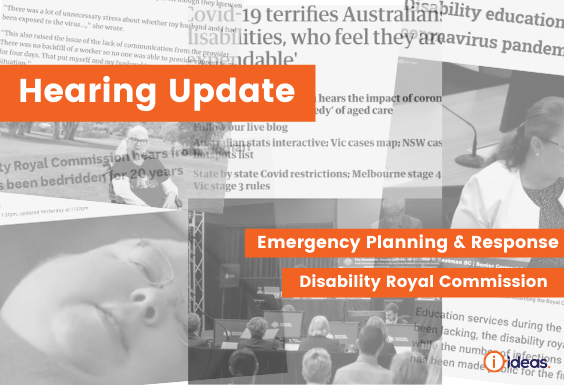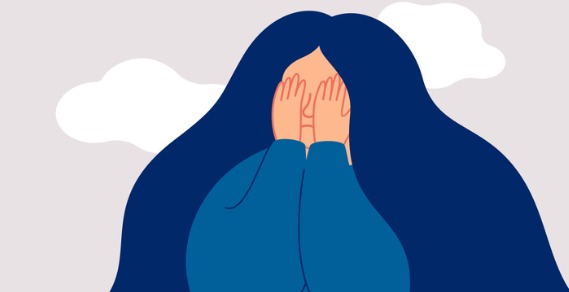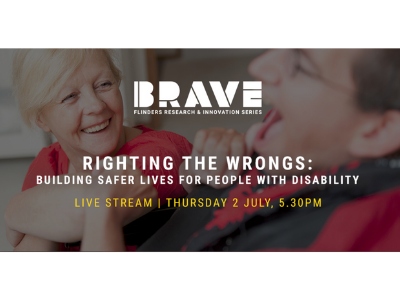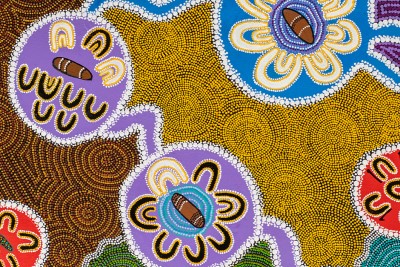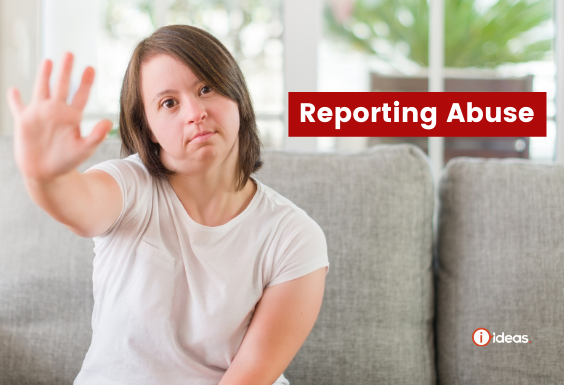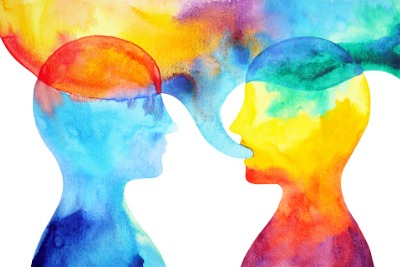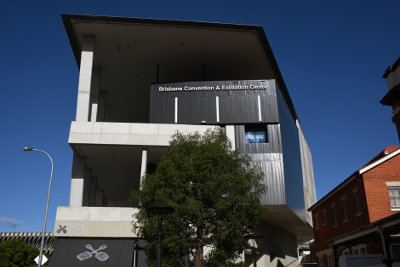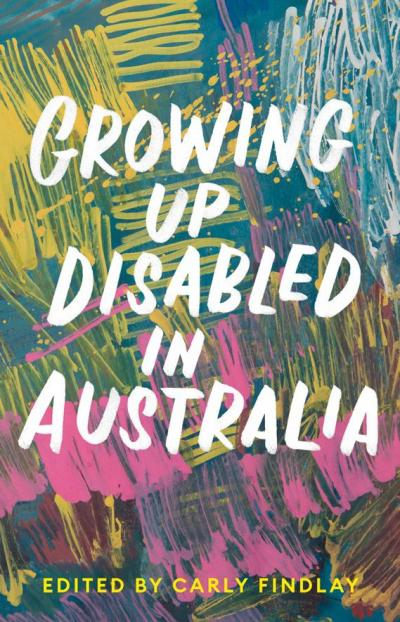The Disability Royal Commission is holding Public hearing 11: The experiences of people with cognitive disability in the criminal justice system. The hearing will be live-streamed from Tuesday 16 February – Thursday 25 February 2021.
Skip to: Live stream | Witness List | Transcripts | Media | Support | More info
Content Warning
Some of the stories and information below contain details about abuse, neglect and mistreatment of people with disability. There is support if you have any concerns because of this information.
How can I attend?
Due to COVID-19, the hearing is not open to the public. It is available to watch or listen to online via the live stream. The hearing will be live-streamed from Tuesday 16 February – Thursday 25 February 2021.
What is it about?
The public hearing will explore the experiences of violence, abuse, neglect and exploitation of people with disability, particularly people with cognitive impairment, in their interactions with the criminal justice system and the consequences which follow.
The public hearing is to investigate:
- The factors contributing to people with a cognitive disability first coming into contact with the criminal justice system
- How and why people with cognitive disability cycle in and out of the criminal justice system
- How the criminal justice system can, and often does, criminalise disability
- The overrepresentation of First Nations people with cognitive impairment within the criminal justice system, and any differences in their experience
- The long term and indefinite incarceration of people with cognitive impairment under forensic custody orders
- The impact that appropriate diversion from the criminal justice system, and the provision of appropriate supports to people with disability, can have in reducing contact with the criminal justice system and in moving away from the criminalisation of disability
Live stream
Closed captions and Auslan translations provided as well as an audio-only stream
Witness List
Public hearing 11 - Witness list
Official Transcripts
Opening Address
Media Coverage
Sydney Morning Herald - 18 Feb
“The thing that stood out to me the most about that room is that Melanie had graffitied the room with her own blood,” said Ms Seares, a former chairwoman of the NSW Council for Intellectual Disability, and a solicitor from the Mental Health Advocacy Service.
“The smell of dried blood mixed with body odour and the sight of that graffiti is something that will be with me until the day I die.”
Read more: In seclusion, Melanie was so alone that she wrote on the walls in her own blood
SBS News - 16 Feb
An Indigenous woman with an intellectual disability was regularly kept in isolation for 23 hours a day and could have her freedom limited further depending on behaviour, a royal commission has been told.
"Not one day in my life that I didn't want to get out and have a life and be happy again on the ward," Melanie said. "It was inhumane to keep someone locked up for that long in a seclusion area."
She lived in the isolated environment "almost constantly" for about seven years, until November 2020.
News.com.au - 16 Feb
Counsel assisting Janice Crawford said Melanie’s conditions were described as “Dickensian” by a forensic psychiatrist. Ms Crawford said a mental health review tribunal found Melanie’s rooms were:
“filthy and degrading … and clearly not conducive to any form of recovery. It is troubling indeed that a woman is held in such an environment in Australia in 2020, with little apparent hope of improvement and release,” she said.
Read more: Cognitively impaired woman isolated for 23 hours a day, inquiry told
ABC Radio: AM - 16 Feb
"The justice system holds significant barriers for people with disability and what we do is we tend to individualise those barriers. So we never question the system itself. We have various jurisdictions and so what happens is we individually support people to be able to access the justice system but not everybody has access to the same types of supports."
- Rosemary Kayes [academic and Human Rights lawyer]
Read more: How do people with disability navigate the justice system?
Yahoo! News - 16 Feb
"Is the justice system being used as a de facto disability service, one that proceeds by punitive rather than therapeutic measures?"
- Kerri Mellifont [Senior Counsel Assisting]
Read more: Disability link to high prison numbers
Support Services
The Disability Royal Commission has set up support services for people with disability affected by or interacting with the Commission process. These supports include counselling, advocacy, financial and legal help. For more information and links read our resource on Royal Commission Support Services.
More Information
Go to Royal Commission into Violence, Abuse, Neglect and Exploitation of People with Disability for our full coverage on the Disability Royal Commission or choose from some of the past hearings listed below.







